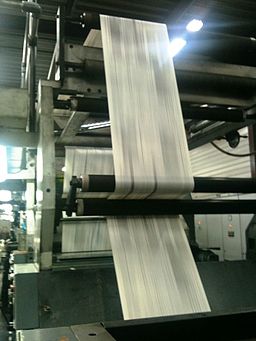
Much public discussion today includes concerns about the freedom of the press. People fear that some politicians and businesses exert pressure to cover them favorably, especially as some have denounced the mainstream media. We can consider, however, whether the media of any form is really free.
Pierre Bourdieu in a 1996 series of essays entitled On Television (English translation by Priscilla Parkhurst Ferguson published in 1998) wrote:
Yet it remains true that, like other fields, the journalistic field is based on a set of shared assumptions and beliefs, which reach beyond differences of position and opinion. These assumptions operate within a particular set of mental categories; they reside in a characteristic relationship to language, and are visible in everything implied by a formulation such as “it’s just made for television.” Theses are what supplies the principle that determines what journalists select both within social reality and among symbolic productions as a whole. There is not discourse (scientific analysis, political manifesto, whatever) and no action (demonstration, strike) that doesn’t have to face this trial of journalistic selection in order to catch the public eye. The effect is censorship, which journalists practice without even being aware of it (47).
The assumptions that Bourdieu references here are not the ideological biases of conservative or liberal but the structure in which journalists work. Although written before the explosion of cable channels that we have today and before the concept of targeted “niche” channels was common, he emphasized the common interests in attracting the broadest audience and the ways the need for audience (and today clicks) constrains journalists, without direct pressure from a politician or fear of government restrictions. The structure, thus, dictates what stories they produce and how they present them. Even when people innovate and even alter the structure (e.g., developing a niche audience on cable), they are still operating in relation to the structure.
Bourdieu’s point, though, is not limited to journalists, as the structures in which we all live constrain our actions, despite our rhetoric of freedom and assumptions that we have significant agency.
Photo of newspaper press from Limoges, France, by Knowtex from France [CC BY 2.0], via Wikimedia Commons
